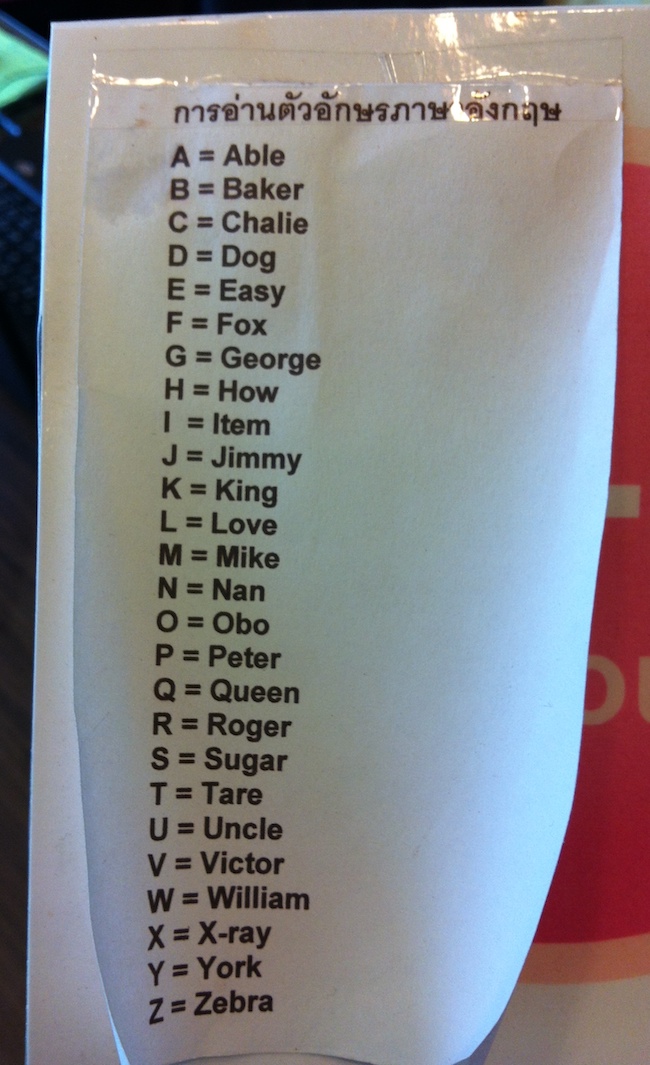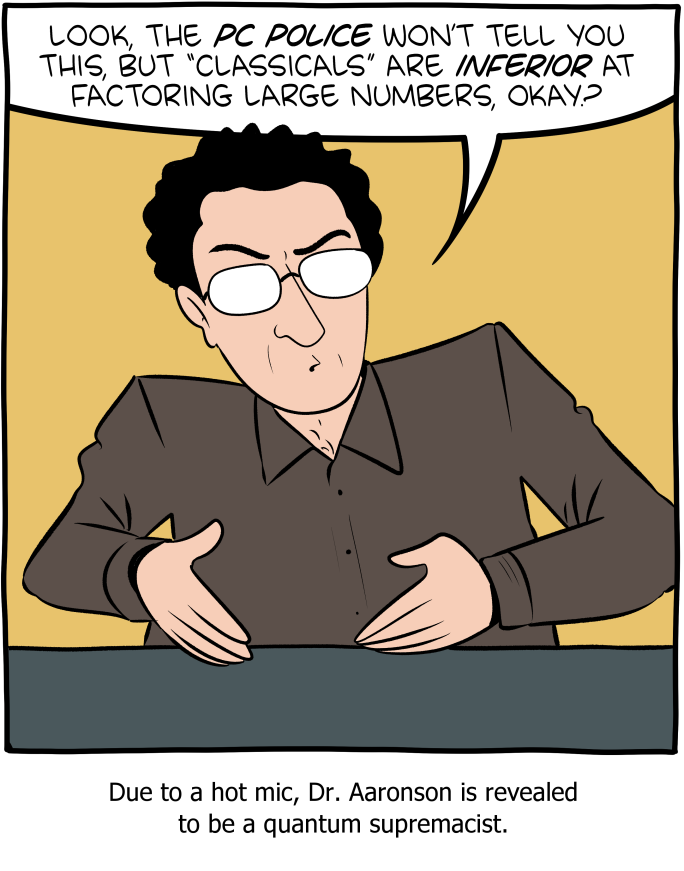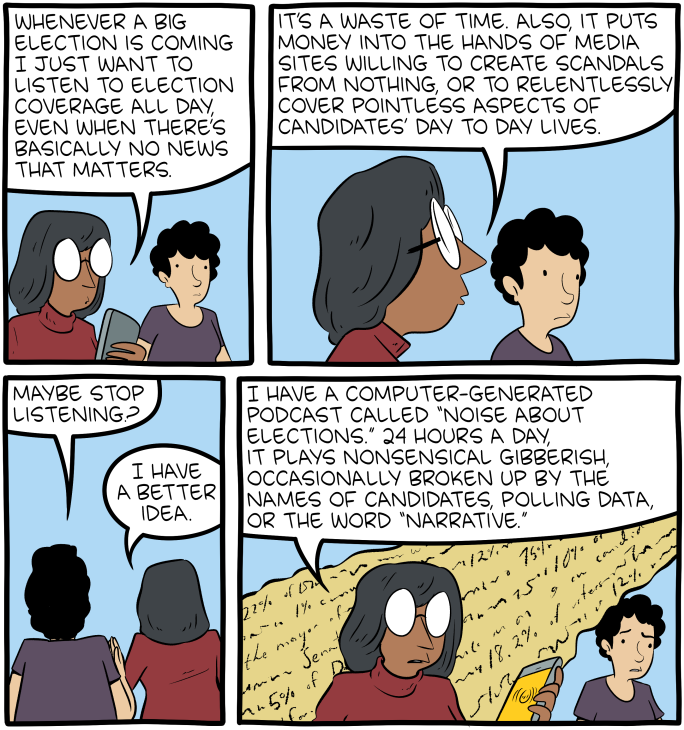When I was learning Mandarin over half a century ago, the more grammatically minded Chinese language teachers argued that historically and functionally there were multiple "le" particles that just happened to end up being written with the simple two-stroke character 了. Then a contrary movement set in, and linguists tried to prune down all the "le" into two or even one, claiming that all of the different 了 developed out of an ur-了.
The irony of it all is that, before the 20th century, there was no established, systematic, explicit grammar for Sinitic languages in indigenous sources.
See, inter alia, Victor H. Mair (1997), "Ma Jianzhong and the Invention of Chinese Grammar," in Chaofen Sun, ed., Studies on the History of Chinese Syntax. Monograph Series Number 10 of Journal of Chinese Linguistics, 5-26. (available on JSTOR here)
Mǎshì wéntōng 馬氏文通 (conventionally rendered as "Ma's Grammar", though it would probably be closer to the original meaning in Chinese to translate it as "Written Language Unobstructedness"; 1898)
Just as we have seen in a recent post, before the 20th century there was no Chinese concept of "word":
"HouseHold GarBage" (12/6/19)
Which leads to the question: can you have grammar without words?
There have been countless papers, articles, dissertations, and monographs on le 了. Here I'm going to introduce two dissertations on le 了 written within the last few decades and the latest monograph on le 了 as representative of what has been happening with regard to the conceptualization of this protean particle in recent times.
Read the rest of this entry »







